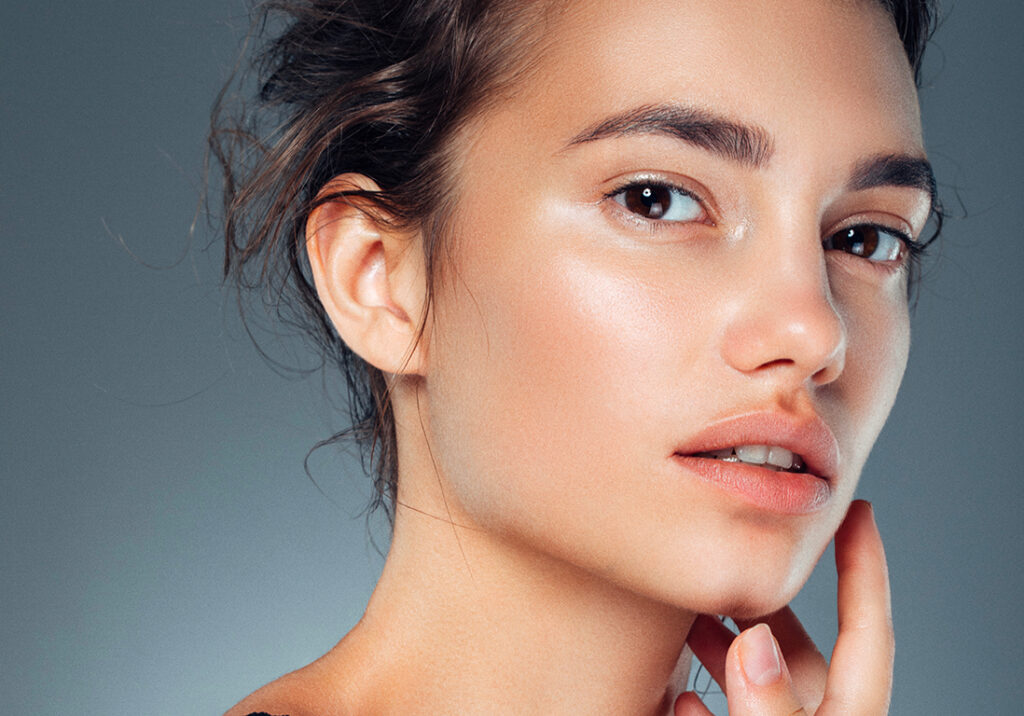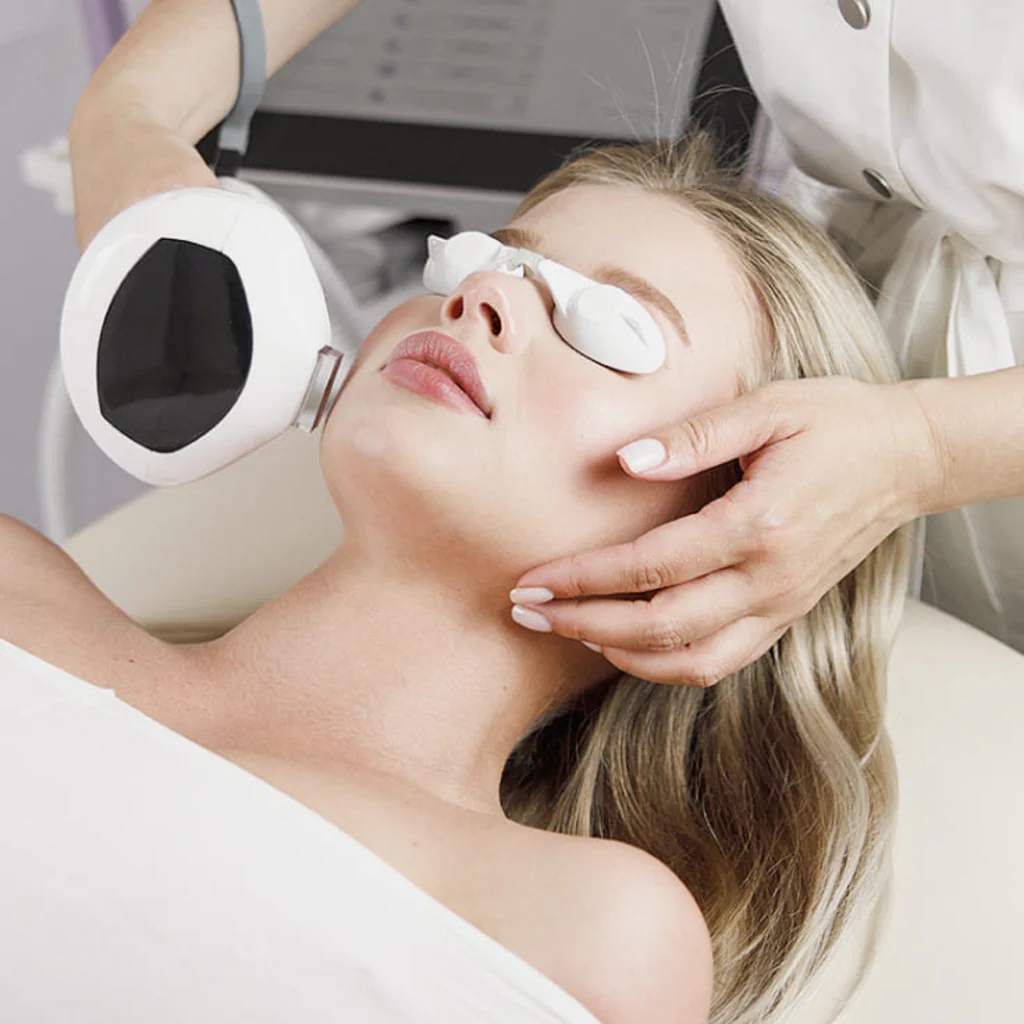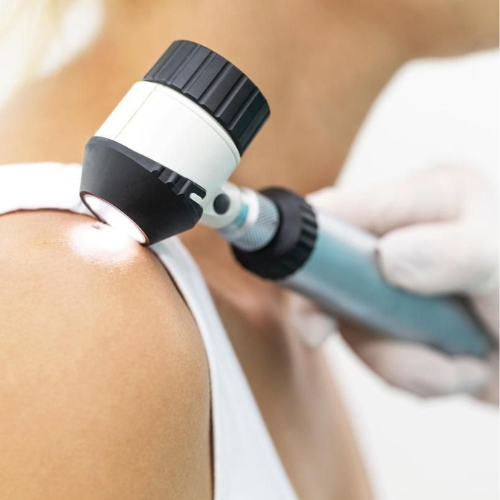Brown spots
As the body's largest organ, the skin plays an essential role in protecting us from external aggressors and regulating various physiological processes. Skin is also a reflection of our overall health, lifestyle and emotional well-being.
Taking care of our skin is therefore crucial to maintaining its health and appearance. This includes adopting a skincare routine tailored to our individual needs, protecting against damage from the sun and external elements, a balanced diet and adequate hydration, as well as stress and lifestyle management.
By investing in healthy skin care habits and consulting health professionals when necessary, we can help preserve our skin's youthfulness and radiance, while promoting our overall well-being.

Pregnancy mask - Melasma
Pregnancy mask, also known as melasma, is a skin condition characterized by the appearance of brown or grayish spots on the face, usually on the cheeks, forehead, chin and upper lip. This condition is common in pregnant women, although some men and non-pregnant women can also suffer from it.
Melasma spots are caused by excessive production of melanin, the pigment responsible for skin color. Several factors can contribute to the development of melasma, including:
- Sun exposure: The sun's ultraviolet (UV) rays stimulate melanin production, which can aggravate existing melasma and trigger new ones.
- Hormones: Hormonal fluctuations, such as those that occur during pregnancy, can play a role in the development of melasma. This is why it's common for pregnant women to develop this condition, hence its nickname "pregnancy mask". Melasma can also be associated with the use of hormonal contraceptives or hormone replacement therapies.
- Genetic factors: A genetic predisposition can make some people more susceptible to melasma.
- Racial factors: Melasma is more common in people with darker skin, particularly those with Asian, Hispanic, Mediterranean or African ethnic backgrounds.
OUR SOLUTIONS FOR REMOVING PREGNANCY MASK - MELASMA
Age spots - Actinic lentigo
Actinic lentigos, also known as sun spots or age spots, are skin lesions caused by prolonged exposure to the sun and ultraviolet (UV) rays over time. These spots generally appear on the parts of the body most exposed to the sun, such as the face, hands, shoulders and arms.
Actinic lentigos appear as small, flat or slightly raised spots on the skin, brown, gray or black in color. They can vary in size and shape, and are generally asymmetrical. Although these spots are not dangerous in themselves, they are considered signs of skin damage caused by the sun, and may be an indicator of increased risk of skin cancer.
Risk factors for the development of actinic lentigos include excessive sun exposure, photoaging, natural skin aging and genetic predisposition. Fair-skinned people and those who spend a lot of time outdoors without sun protection are particularly prone to these spots.
To prevent actinic lentigos and protect the skin from sun damage, the following measures are recommended:
Use a broad-spectrum sunscreen with an SPF (sun protection factor) of at least 30, and reapply every two hours after prolonged exposure to the sun.
Wear protective clothing, such as wide-brimmed hats and long-sleeved garments, when outdoors.
Avoid direct sun exposure during the hottest hours of the day, generally between 10am and 4pm.
Avoid tanning beds and other artificial sources of UV radiation.
Examine the skin regularly for suspicious changes, and consult a dermatologist in the event of new spots that change in size, shape or color, or display other worrying characteristics.





